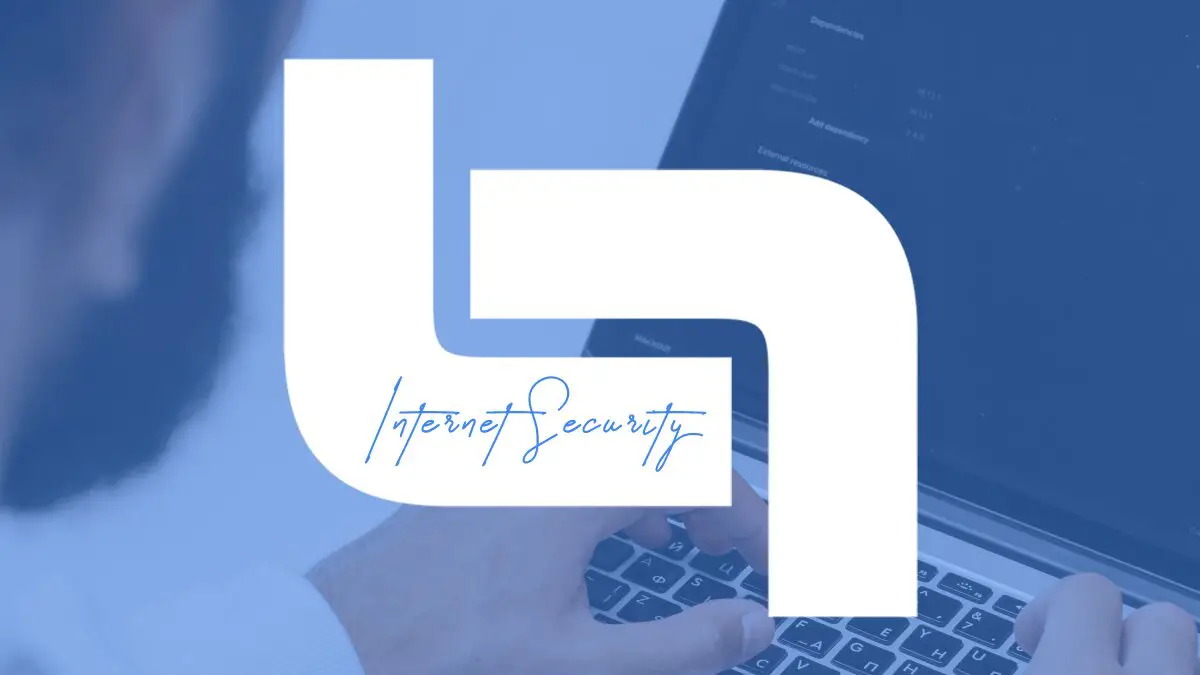The ever-growing influence of information technologies is a double-edged sword that brings new risks just as it presents powerful solutions. By depending on new systems and new devices, we eliminate a wide variety of repetitive, time-consuming, monotonic tasks and modernize our society. Further advancements in machine learning lead to the automation of more complex processes at a very rapid pace.
A world engulfed by technology and artificial intelligence is extremely efficient but creates a conflict of interest between convenience and privacy. The exposure of necessary information to get a convenient service may seem like a reasonable bargain.
However, third parties rarely limit data extraction because it is the most valuable resource in the modern world. Many companies today depend on data aggregation to fuel the development and maintenance of their products, but some collect much more information than necessary. An abuse of private data makes the client a profitable asset because gathered knowledge often gets sold to third parties.
If you think that the greed for user information violates your privacy and security, you are absolutely right. New devices and systems create many threats. Over-reliance on technological convenience keeps contributing to a lack of internet security. In this article, we will focus on a rational approach to internet security. Because most companies care much more about data collection and not the privacy of a client, it is up to the user to ensure a solid level of protection.
Limiting the amount of information you share online is one of the best ways to prevent your identity from being stolen. The more businesses have your personal details, the more likely it is that one of them will suffer a cyber breach and your private information is exposed.
Also, new electronic devices, social media accounts, and systems create new ways for hackers to uncover your network identity. Here are your tips that should help you build a solid layer of protection.
Protect your IP address

Hiding one’s IP address behind a proxy is a trustworthy security solution. For simple internet browsing, a datacenter proxy is a cheap choice that satisfies the needs of a generic user. Smartproxy is a beginner-friendly provider with affordable options for a datacenter proxy. Different types of proxies exist to suit different needs – from private users to international companies. Residential proxies are seen as a superior option for business operations because they mimic a connection from another device with a real ISP.
A datacenter proxy is created at powerful data centers. It is not associated with any provider, making it a choice to hide your address. While you may give up other advantages that come with a legitimate ISP, pricing and exceptional speed are more than enough to keep a regular user happy.
Use different passwords for your accounts

While this may seem like an obvious tip, many users do not realize how one data leak can spiral things out of control. Once a malicious party manages to breach the security of a database containing your personal information, the rest of your accounts will fall like dominos if you use an identical or similar password. Most users love choosing the same password because it is very convenient and memorable, but once the level of technical proficiency gets higher, so does the randomness of user passwords.
Keep it simple

Fortunately, the dangers of technology are a hot topic right now, but it also plays into the paranoia and lack of knowledge of internet users. While accusations of data theft targeted at not only hackers but also big tech companies are often true, one has to learn more about internet security to avoid scams. The attention brought to privacy anonymity keeps preventive apps and products in high demand.
Also, when a client wants to use technology to protect his livelihood, the dependence on such hardware can lead to digital security problems. Investments in home security cameras and face recognition software can do wonders if done right. Just the existence of such tools can discourage burglars from targeting your house. Syncing your IoT devices to create a safe and modern home can be very appealing, but new enthusiasts rarely take the necessary steps to ensure digital well-being.
A modern burglar can hack into your home security cameras and have a far greater chance of robbing your home. Once a criminal establishes a connection with your devices. Even if there is no access to actual video footage, the changes in transmitted data give away residents’ behavior and, most importantly – their absence.
Ironically, the camera that is there to protect your home is doing the burglar’s job for them. When monitored for longer periods, a cybercriminal can analyze a stream of unencrypted information and learn your behavior patterns.
Facial recognition security is a great method to ensure security. It is used to automate and speed up work in airports and other facilities that require a very high level of protection. However, despite its incredible advancements, many systems still have flaws that misclassify people due to well-crafted fake images.
Cybercriminals build new and powerful skills trying to bypass new powerful systems. Over-reliance on such technology is not always a good option until it is perfect, especially when human lives are at stake.
Limiting the amount of IoT devices in your household will improve your cybersecurity, but technology is too convenient. When it comes to digital security solutions, sometimes less is more. We should worry more about protecting our network identity with a datacenter proxy and take a much slower approach to modernize physical security protection.
Because these systems have so many internet privacy flaws, they can overlap and create bigger problems, which would not exist with traditional protection tools. Take it slow, and you will have a much more rational approach to both internet security and protection in general.

